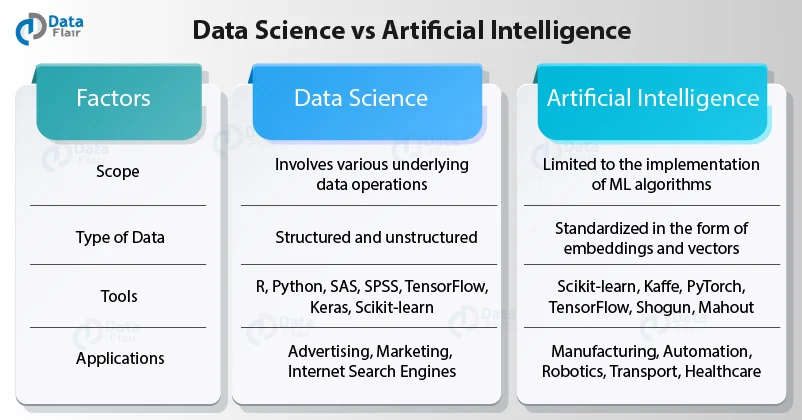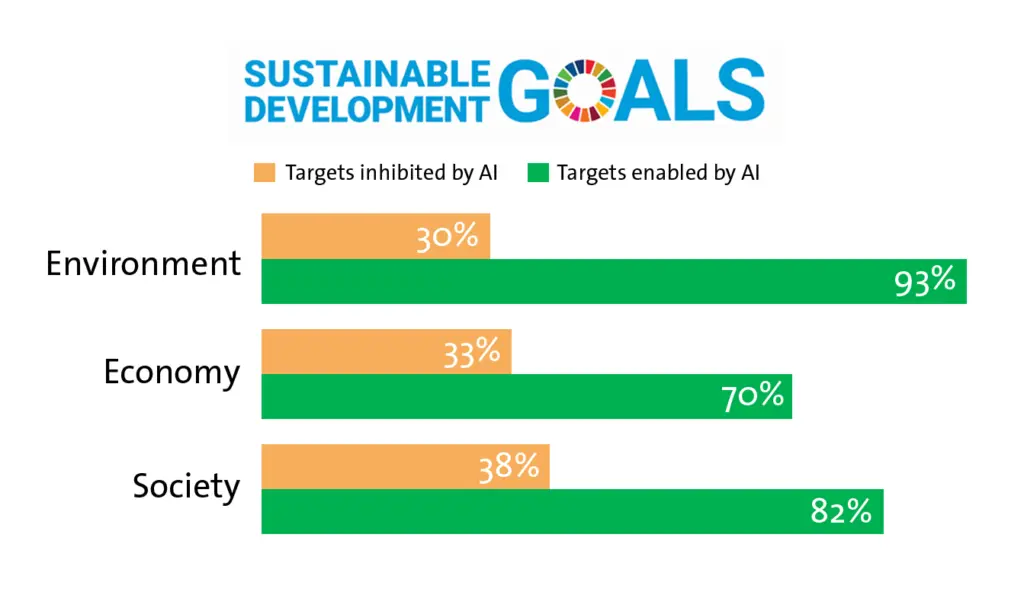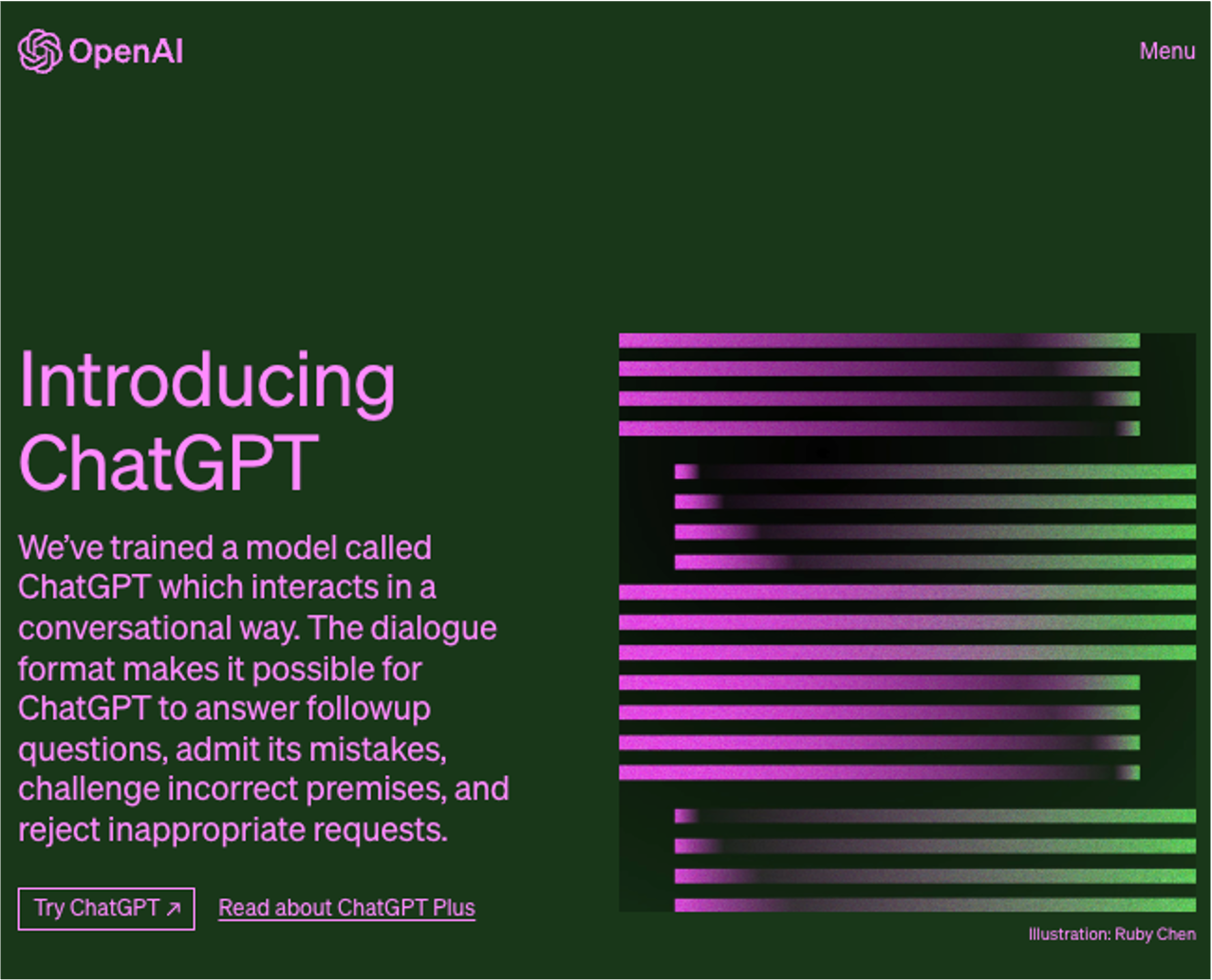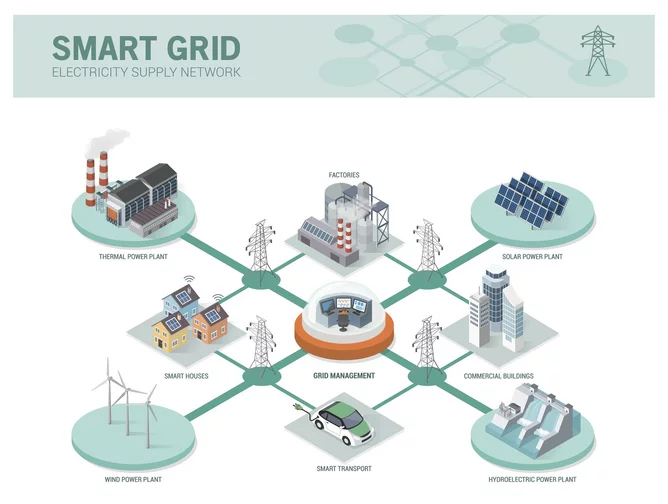AI & Data Science
Artificial intelligence (AI) and data science are revolutionizing the way we live and work, and have the potential to play a key role in helping to achieve the United Nations' Sustainable Development Goals (SDGs). AI and Data Science are closely related as AI algorithms heavily rely on data to learn and make decisions, and Data Science provides the tools and techniques to analyze and process data for AI applications. As the Digital Sustainability Association, we are committed to leveraging AI and data science to promote sustainable development around the world. By harnessing the power of these technologies, we can help individuals and institutions to make more informed decisions, reduce waste and energy consumption, and increase efficiency and productivity.


ChatGPT for Sustainability
One of the latest and most exciting developments in AI is the creation of GPT-4, a language model capable of generating human-like text. GPT-4 has enormous potential to help us achieve sustainable development goals by facilitating more efficient and effective communication between people, machines, and systems. For example, GPT-4 could be used to develop chatbots that provide personalized energy advice to households, or to create educational resources that adapt to the learning styles of individual students.

AI for Energy, Education, and agriculture
In the energy sector, AI and data science can be used to optimize renewable energy production and reduce waste. By analyzing data from weather patterns and energy usage, for example, AI algorithms can help to predict when and where energy demand will be highest, and adjust the output of wind turbines and solar panels accordingly. In education, AI and data science can be used to personalize learning experiences for students, adapting to their individual needs and abilities. In agriculture, AI and data science can be used to optimize crop yields, reduce waste, and ensure that crops are grown sustainably and without harming the environment.


